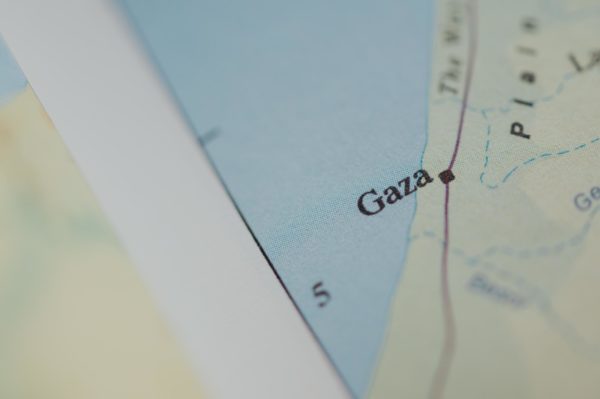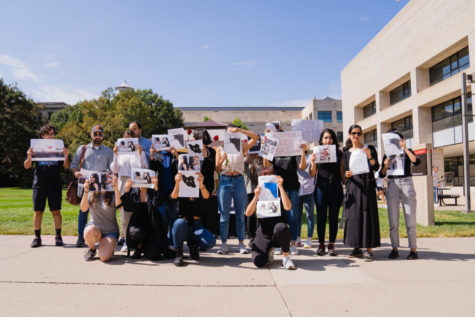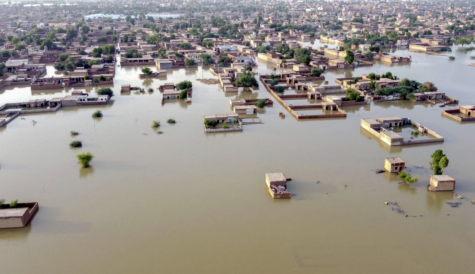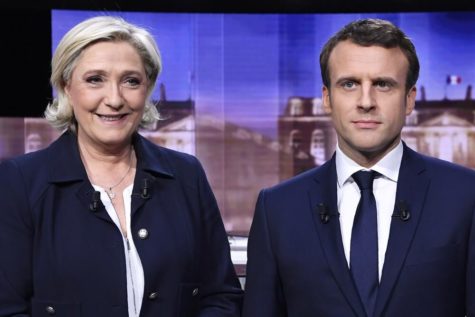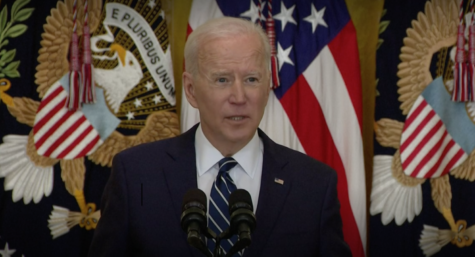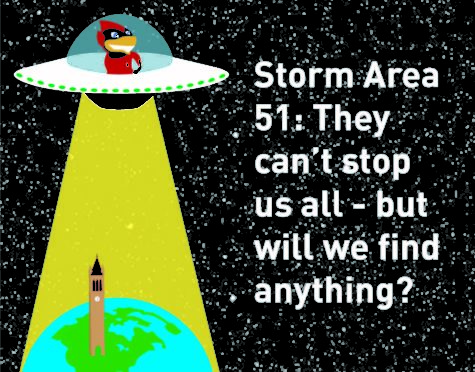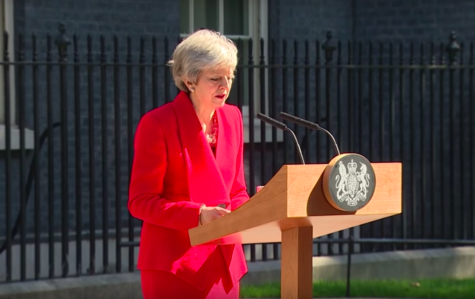Iran ‘trying to be cooperative’ with atomic inspectors, official says
February 24, 2012
(CNN) — Iran’s representative to the International Atomic Energy Agency denied Friday that officials blocked inspectors from visiting a crucial nuclear facility last week and said the country is ready to continue discussions about its nuclear program.
“We are trying to be cooperative,” Ambassador Ali Asghar Soltanieh told CNN.
IAEA inspectors left Iran Tuesday after two days of talks failed to reach an agreement on how to verify Iran’s claim that its nuclear program is purely peaceful and after inspectors said they were denied an opportunity to visit a military base in Parchin.
Inspectors believe the base may have been the site of tests related to nuclear weapons.
Soltanieh said the team was not prevented from visiting the site, but that inspectors left a day early. He said access to Parchin would be granted once Iranian officials and the agency can agree on the conditions under which such a visit would take place.
Soltanieh described last week’s talks with IAEA inspectors as “intense and constructive.”
In a statement last week, IAEA officials agreed the discussions were intensive, but Director General Yukiya Amano called the lack of results from the visit “disappointing.”
Iran says it is producing enriched uranium to fuel civilian power plants, but the IAEA reported in November that it had information to suggest Tehran had carried out some weapons-related research.
According to that report, Parchin may have been the site of tests of high explosives that could be used to detonate a nuclear bomb — experiments the agency called “strong indicators of possible weapon development.”
The November report states that Iran built a chamber at Parchin in 2000 that was designed to contain the force of up to 70 kilograms (154 pounds) of high explosives. IAEA inspectors visited the site twice in 2005, but did not go to the building now believed to have housed the test chamber, the report states.
Iran has refused international demands to halt its enrichment efforts. It is under intense pressure to demonstrate that it has no intention of pursuing nuclear weapons, with widespread Western sanctions targeting its financial and oil sectors.
Crude oil sales make up about half of Tehran’s revenue.






